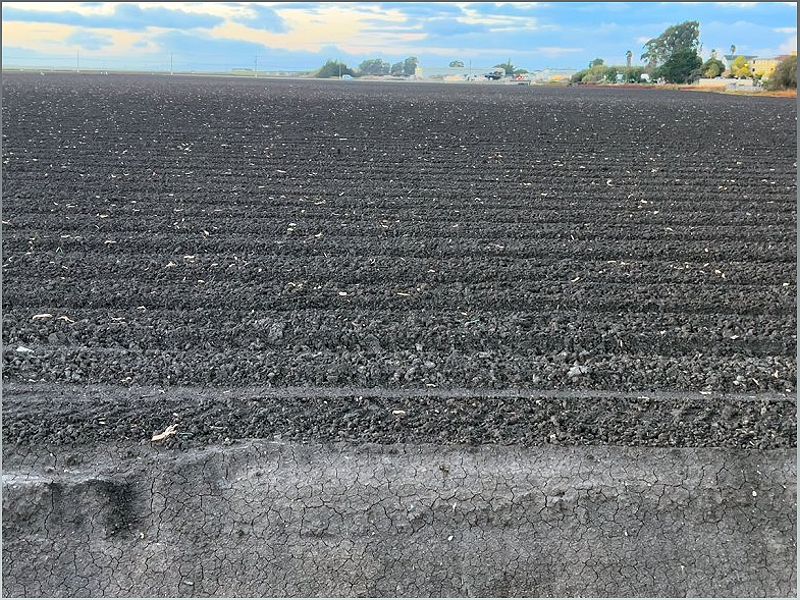Discover how organic farming is making a positive impact in the fight against climate change by reducing greenhouse gas emissions, improving soil health, and providing sustainable food production.
The Impact of Organic Farming on Climate Change
Organic farming has emerged as a crucial player in combating climate change by focusing on regenerative practices that prioritize soil health. According to data from the World Bank, food systems contribute to 20 to 30 percent of global greenhouse gas emissions. With the potential to combat diseases, repel pests, and capture carbon, organic farming offers a sustainable solution to mitigate these emissions.

( Credit to: Localnewsmatters )
California, a leader in organic farming, boasts over 3,000 certified farms and organic sales surpassing $14 billion in 2021. The greater Bay Area alone has more than 1,550 organic producers generating nearly $1.4 billion in annual gross sales. This growing movement is gradually attracting conventional farmers who are transforming their multi-generational farmlands, bringing business experience, innovation, and capital to the organic economy.

( Credit to: Localnewsmatters )
Challenges and Opportunities in Organic Farming
While organic farming offers promising solutions, it also faces challenges and opportunities. The upcoming Strengthening Organic Enforcement rule, set to take effect in March 2024, will establish new standards for organic certification throughout the supply chain. This certification will ensure the integrity and separation of organic produce from non-organic products. However, the implementation of these regulations may lead to increased production costs, potentially impacting organic prices.

( Credit to: Localnewsmatters )
Despite these challenges, technological innovations are shaping the future of organic farming. Mechanical weeders, such as Carbon Robotics’ LaserWeeder, use artificial intelligence to target and eliminate weeds without the need for herbicides. Innovations like Climate Robotics’ mobile biochar incinerator offer a sustainable solution for managing agricultural waste, improving soil health, water retention, and fertilizer efficiency.

( Credit to: Localnewsmatters )
Farming Towards Carbon Neutrality
Agriculture is often cited as the second-largest industry contributing to CO2 emissions, following fossil fuels. To combat this, farmers are exploring ways to achieve carbon neutrality by reducing diesel fuel usage, implementing sustainable farming practices, and investing in carbon sequestration. The goal is to reach a state of net-zero emissions, where greenhouse gas emissions are offset by permanent removal and storage.
Conclusion: A Sustainable Future with Organic Farming
Organic farming is emerging as a significant force in the fight against climate change. With its focus on regenerative practices, organic farming has the potential to mitigate greenhouse gas emissions, improve soil health, and provide sustainable food production. Despite challenges and new regulations, the organic farming movement continues to grow, attracting conventional farmers and offering hope for a more sustainable future. As we strive towards a net-zero emissions economy, organic farming can play a vital role in creating a healthier planet for generations to come.
